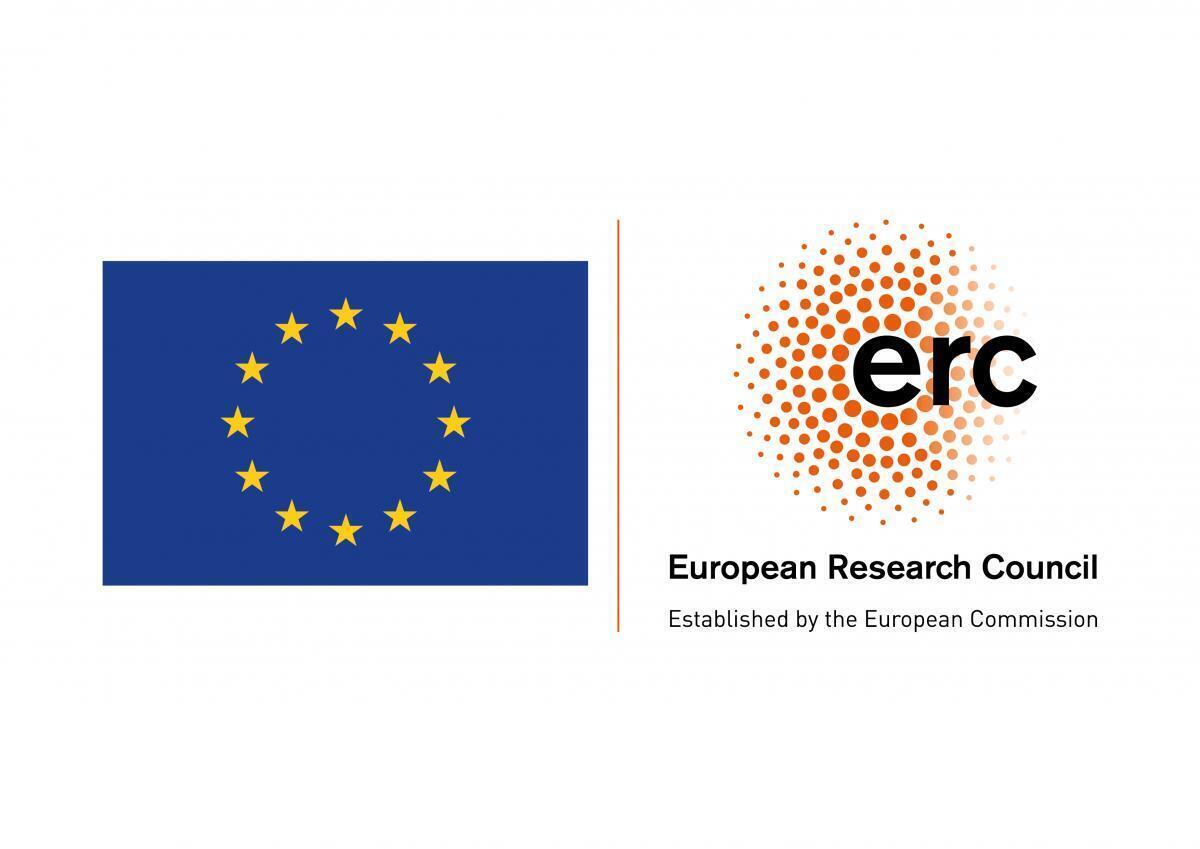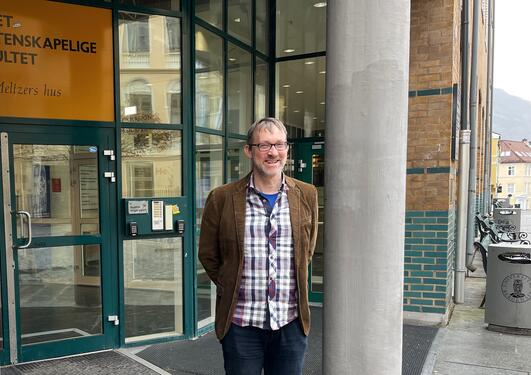Spitzer has been awarded the prestigeous ERC Starting Grant
«This is an opportunity to tackle prominent but largely-overlooked challenges plaguing the frontiers of developed liberal democracies» Aaron Spitzer says.

Main content
Associate professor at Department of Comparative Politics (UiB), Aaron Spitzer’s «life’s work» has involved seeking to understand, and trying somehow to be useful to, Arctic peoples and places. Now he gets to dive deeper into this issue.
Competing with more than 2500 applicants, from 24 countries in Europe, Spitzer is one of the 400 researchers that has been awarded the ERC Starting Grant 2023 from the European Research Council, ERC. This means that his project, «Contested Frontiers», will receive 1.544 million Euro’s over five years, or approximately 17.76 million NOK.
«I am deeply grateful to have been given this grant,» he says.
An opportunity
«Winning the grant is obviously a great opportunity for me personally and professionally, to guide my own research project for the next half-decade. But more than that, it is an opportunity to tackle prominent but largely overlooked challenges plaguing the frontiers of developed liberal democracies», he says.
He empathizes that winning the grant was a team effort.
«In applying for this grant I felt like a cyclist in a peloton, drafting off the experience and leadership of a UiB-assembled team who worked tirelessly behind the scenes to propel me across the finish line. Thanks especially go out to my department head, Leiv Marsteintredet, and to my PhD supervisor, Per Selle» Spitzer says.
The ERC Starting Grants are awarded to researchers with 2-7 years of experience since the completion of their PhD, a scientific track record showing great promise and an excellent research proposal. This year the success rate was at 14.8 percent.
Important political questions
Spitzer’s research project combines comparative politics, constitutional law, and political theory to study Indigenous-versus-non-Indigenous constitutional contestation for control of «peripheral jurisdictions» in developed-world liberal democracies.
The targeted jurisdictions include the northernmost areas of Norway, Finland and Sweden, the three Canadian territories, the Australian Northern Territory, the U.S. Pacific territories, and the U.S. «non-contiguous» states of Alaska and Hawaii.
«For the past two decades I have lived in, and tried to work for the betterment of, such frontiers, especially in Alaska and Northern Canada. These places are my home. While these frontiers have so far been both literally and figuratively «peripheral» to mainstream political science, they have been fraught with discord with regards to some of the most foundational political questions, about who should be in control and how governance should be conducted. Should Indigenous peoples be in control, by historic right? Or should the burgeoning «settler» populations be in control, due to being the democratic majority? I hope my research will benefit these places as well as shine light on such foundational questions more generally, wherever they arise» Spitzer says.


